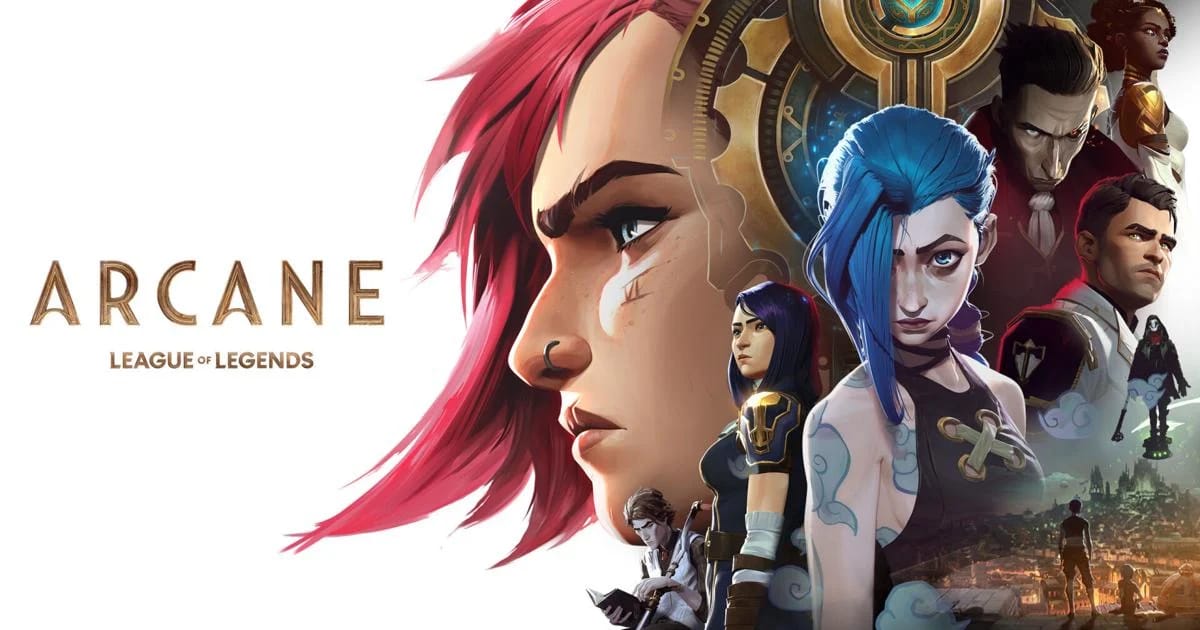- Mozuma: Beyond Screens
- Posts
- Why Video Game Adaptations Finally Work
Why Video Game Adaptations Finally Work
(And Why Most Still Suck)
We make comics. But damn, how I love movies and animation.
Some adaptations leave scars on your soul. And then there are those that make you want to sue for emotional damage.
Where are the chills, and where’s the disappointment?

Arcane (League of Legends)
When Riot announced an animation based on a MOBA, the reaction was predictable: "Just another way to sell skins." But it turned out to be emotional devastation.
Every episode - a punch to the gut.
Episode 3? Legendary.
The result?
LoL online player count increased by 50%.
Millions who never played the game became fans of the universe.
Emmy awards, cult status, 100% on Rotten Tomatoes.
Take another example - Assassin’s Creed (2016) A franchise with rich lore, an incredible story, and sci-fi elements? It seemed destined for success.
Instead, we got $125M of boredom.
Animus felt like bad VR.
A plot with no drive.
Zero emotions.
The difference is clear:
Arcane expanded the universe and attracted new fans.
Assassin’s Creed was a lazy cash grab with no respect for the source material.
Hollywood’s Problem: One-and-Done Is Dead
For years, the formula was simple:
Make a movie.
Release it.
Pray for box office returns.
If it flopped - forget it. If it hit - make a sequel.
That model is dead.
Today, everything competes with everything: TikTok, video games, YouTube, anime, manga, comics.
Even billion-dollar blockbusters can fail.
DC – chaotic reboots with no strategy.
Marvel – even after recent struggles, it remains a money-making machine.
67% of standalone films don’t break even.
Theatrical windows shrank from 120 days (2000) to 45 days (2024).
78% of Gen Z consumes content across multiple platforms simultaneously.
DC burned through $5.7B on reboots. Marvel made $29B by building a cohesive ecosystem.
Why Transmedia Universes Are the Future of Big Money
People don’t just want a story. They want worlds they can explore through movies, games, comics, books.
Industry-shaking examples:
Cyberpunk 2077 - launched with bugs, reputation in ruins. But then Edgerunners came out, and game sales jumped 600%, bringing back 1M daily players.
The Witcher — books, then games, then Netflix. Now, a billion-dollar franchise.
Arcane — took LoL lore and made it accessible to millions who never played the game.
Why Hollywood Still Doesn’t Get Transmedia?
The U.S. is the home of Hollywood. They should understand how to build IP that lasts, right? But they don’t.
Reason: Hollywood’s monetization model is outdated.
In the U.S., movies operate on a "box office or death" approach. If a film doesn’t make enough money in the opening weekend - it's dead.
Now look at Japan:
Demon Slayer became the highest-grossing anime movie ever because it started with a comic, then a series, then a film.
One Piece – manga, anime, films, merch, games. Dominating the industry for 25 years.
Pokémon – one of the most valuable franchises ever. Why? Games, trading cards, anime, toys, movies, mobile apps.
American studios are only now learning to play the long game.
How to Build an IP That Doesn’t Die (and Makes Money)
1. Think Transmedia from Day One
If you’re only making a comic or a game—you’re leaving money on the table. Think of a universe, not just a product.
Example: The Last of Us
HBO show +300% increase in game sales.
Millions of new players.
A textbook case of transmedia synergy.
2. Expand, Don’t Just Make Sequels
People don’t want deja vu. They want new stories inside familiar worlds.
What works:
Hawken - comics expanded the mech-filled universe.
The Matrix - not just movies but Animatrix, games, ARGs.
Fallout (Amazon) - a fresh take on the Wasteland.
Why Transmedia Makes Billions
Hollywood relies on box office and streaming. That’s only two revenue streams.
Transmedia universes operate across five revenue streams:
Movies & Streaming – $1B from Spider-Man: No Way Home.
Games – Hogwarts Legacy made $1B before a single DLC dropped.
Books & Comics – Dune saw +400% book sales after the movie.
Merch – Harry Potter brings in $25B.
Theme Parks & Attractions – Star Wars: Galaxy’s Edge generates $1.7B a year.
Are You Building a Universe or Just Making a Product?
The era of standalone products is over.
The best creators don’t just tell stories. They build worlds. And worlds don’t die. They live across generations, formats, and platforms.
Are you making a comic, a game, a movie?
Or are you creating a billion-dollar universe?
If it’s the latter—you’re on the right track.